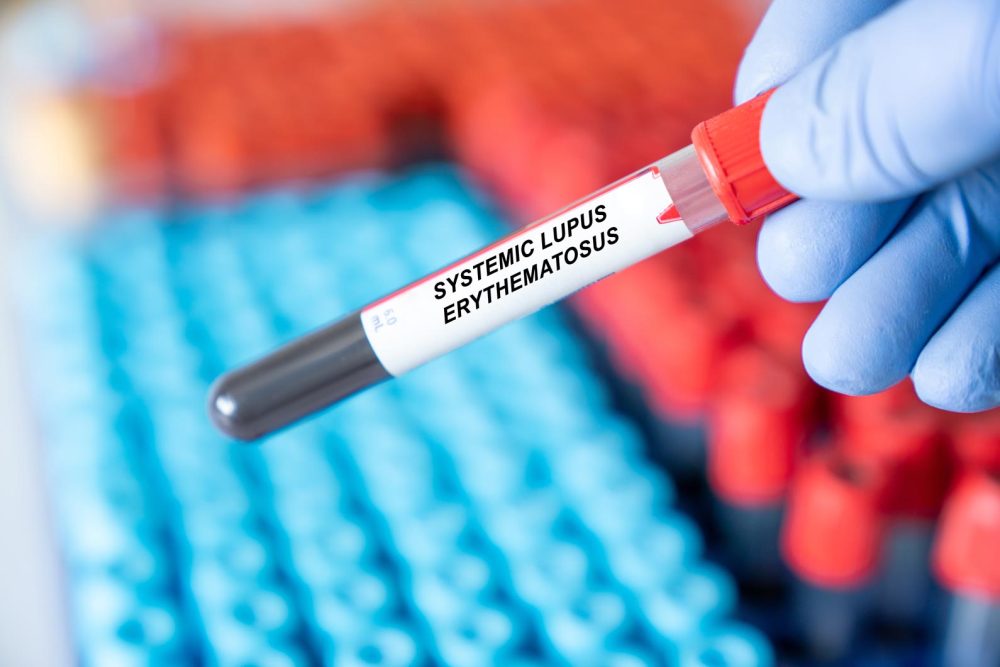Advertisment
Rheumatic diseases associated with childbearing problems

A new paper in Rheumatology, published by Oxford University Press, finds that rheumatic diseases can lead to reproductive problems, though some conditions have more detrimental effects than others.
Immune-mediated diseases are a varied group of conditions, but each display an aberrant activity of the immune system. Some diseases, such as juvenile idiopathic arthritis and type 1 diabetes, occur mostly before patients reach their reproductive years, but others show up later in life. Scientists have investigated systemic lupus erythematosus for its impact on reproductive health; the condition increases the risk for some adverse pregnancy outcomes, including pre-eclampsia, preterm delivery, C-sections, and low birth weight. But the impact of other autoimmune diseases—such as spondyloarthritides, psoriasis, or alopecia areata—on fertility and pregnancy is unclear or the research is inconsistent.
Researchers here used data from Finnish nationwide health registers to study the impact of immune-mediated diseases on reproductive health measures such as reproductive success, and for women, ever having experienced adverse maternal and perinatal outcomes. Out of all people in Finland born between 1964 and 1984, 7.9% of the women and 7.8% of the men had an autoimmune disease diagnosed before or during reproductive years.
The researchers found that many immune-mediated diseases had little impact on the number of children. However, women with selected immune-mediated diseases experience a higher prevalence of childlessness, with the top three diseases with largest differences being Addison’s disease (23.9% more childlessness), juvenile idiopathic arthritis (9.3%), and vitamin B12 deficiency anemia (8.6%). Several of the rheumatic diseases—particularly systemic lupus erythematosus, juvenile idiopathic arthritis, and seropositive rheumatoid arthritis—lead to higher rates of childlessness and fewer children. The investigation also revealed that, on average, people with rheumatic diseases had children earlier.
The risks for pre-eclampsia, low birth weight, preterm delivery, non-elective C-sections and need of neonatal intensive care were increased for many conditions. Systemic lupus erythematosus, Sjögren’s syndrome, type 1 diabetes, and Addison’s disease showed over two-fold risks for some of these outcomes. However, the risk of gestational diabetes was not higher for patients with any of the rheumatic diseases compared to the population.
Men with rheumatic conditions also had a higher prevalence of childlessness than controls (mean difference 4.7%), with most diseases showing no difference but some diseases resulting in much higher prevalence of childlessness, with the top three diseases being myasthenia gravis (20.1% more childlessness), Addison’s disease (16.4%), and vitamin B12 deficiency anemia (13.7%).
“Despite seeing an elevated risk for diverse childbearing problems in rheumatic and other immune-mediated diseases, many of the complications are still fairly rare,” said Anne Kerola, the lead author of the study. “Family planning should actively be discussed between patients, both men and women, with rheumatic diseases and their healthcare providers. Pregnancies in women with rheumatic diseases are carefully followed up to tailor medications appropriately, which helps reduce risks.”
The paper, “Patterns of reproductive health in inflammatory rheumatic diseases and other immune-mediated diseases: a nationwide registry study,” is available (at midnight on March 20th) at https://doi.org/10.1093/rheumatology/keae122.





